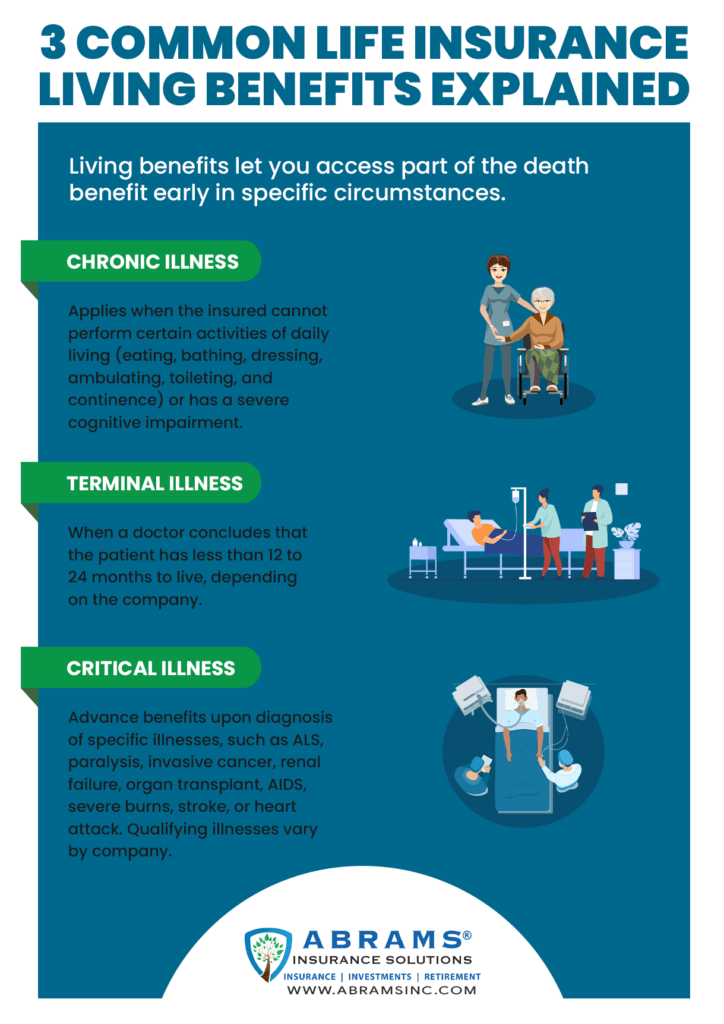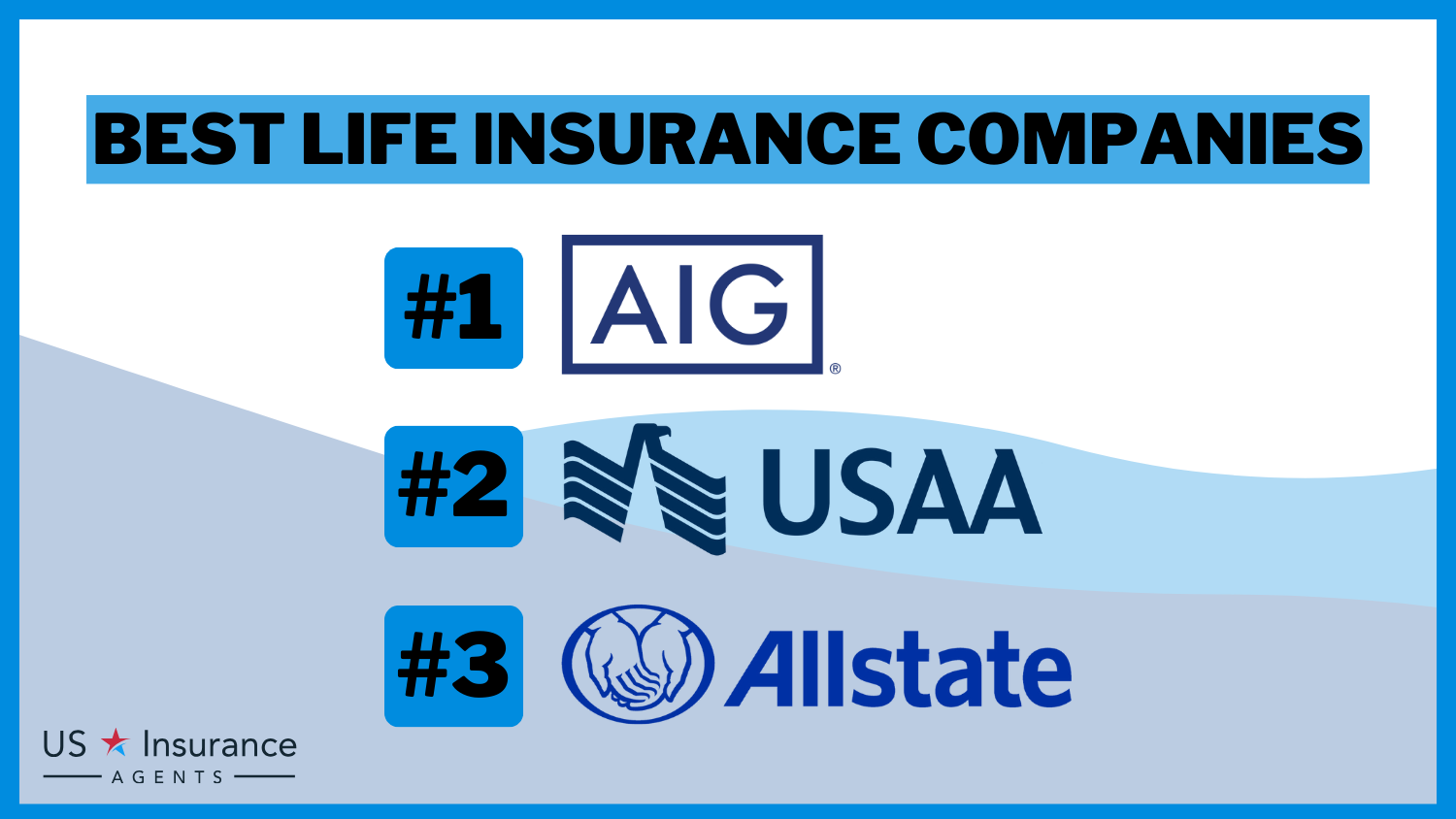Admitting Fault in a Car Accident
After a car accident, admitting fault can be a stressful and confusing experience. The aftermath of a collision is often filled with uncertainty and the pressure to make quick decisions. Understanding the implications of admitting fault can help you navigate this difficult situation more effectively.
What Happens When You Admit Fault in a Car Accident?
Admitting fault in a car accident means acknowledging that you were responsible for causing the crash. This admission can have significant consequences, including:
- Legal liability: You may be held legally responsible for the damages caused by the accident, including property damage, medical expenses, and lost wages.
- Insurance coverage: Your insurance company may deny or reduce your coverage if you admit fault.
- Financial responsibility: You may be required to pay for the damages out of your own pocket if your insurance coverage is insufficient.
- Criminal charges: In some cases, admitting fault in a car accident could result in criminal charges, such as reckless driving or vehicular manslaughter.
- Emotional distress: Admitting fault can be emotionally challenging, especially if the accident resulted in injuries or property damage.
Admitting Fault in a Car Accident: Potential Legal Consequences
In the aftermath of a car accident, admitting fault can seem like the right thing to do. After all, you don’t want the other driver to suffer unnecessarily because of your actions. However, it’s crucial to understand that admitting fault can have significant legal consequences. Before you make any statements or sign any documents, it’s essential to seek legal advice to protect your rights.
Legal Consequences of Admitting Fault
By admitting fault, you are essentially acknowledging that you were responsible for causing the accident. This can have several legal implications:
**1. Liability for Damages:** If you admit fault, you may be held liable for damages to the other driver’s property and injuries. This could include medical expenses, lost wages, pain and suffering, and property damage. The other driver may file a claim against you, and you could be ordered to pay compensation.
**2. Increased Insurance Premiums:** Admitting fault to your insurance company can lead to an increase in your premiums. Insurance companies use this information to assess your risk as a driver and may adjust your rates accordingly. Higher insurance premiums can put a significant financial burden on you.
**3. Criminal Charges:** In some cases, admitting fault in a car accident can lead to criminal charges. If the accident resulted in serious injuries or death, you could face charges such as reckless driving or vehicular homicide. These charges carry severe penalties, including fines, jail time, and loss of driving privileges.
**4. Difficulty Obtaining Compensation:** If you admit fault, it may become more difficult to obtain compensation for your own injuries or damages. The other driver’s insurance company may use your admission against you, arguing that you were fully responsible for the accident and therefore not entitled to any compensation.
**5. Loss of License:** In some states, admitting fault in a car accident can result in the suspension or revocation of your driver’s license. This can have a major impact on your ability to work, get around, and maintain your independence.
Admitting Fault in a Car Accident: What You Need to Know
Admitting fault in a car accident can be a daunting experience. It can lead to insurance implications, legal consequences, and even personal guilt. However, it’s crucial to understand the ramifications of admitting fault and how it can impact you both in the short and long term.
Insurance Implications
Admitting fault in a car accident can have a significant impact on your insurance rates and coverage. When you admit fault, you are essentially acknowledging that you were responsible for the accident. This can lead to increased insurance premiums as insurance companies view you as a higher risk. In some cases, your coverage may be affected, and you may face restrictions or exclusions.
For example, if you admit fault for an accident that caused bodily injury or property damage, your insurance company may increase your rates by a certain percentage. They may also impose surcharges or other penalties. Additionally, you may be required to carry higher limits of liability coverage in the future.
It’s important to carefully consider the insurance implications before admitting fault in a car accident. If you are unsure about whether or not you were responsible, it’s advisable to consult with an attorney for guidance.
Admitting Fault in a Car Accident: Legal Implications
When you’re behind the wheel, the buck stops with you. In other words, if you’re responsible for causing a car accident, you could be on the hook for damages. But what happens if you admit fault at the scene? Does it make things easier or harder? The answer isn’t always clear-cut.
In some cases, admitting fault can help you resolve your insurance claim more quickly. If you’re straightforward about your responsibility, the other driver’s insurance company may be more likely to accept liability and pay for your damages. However, admitting fault could also hurt your case if you’re later sued by the other driver. By acknowledging your responsibility, you’re giving them ammunition to use against you in court.
Insurance Implications
Whether or not you admit fault at the scene of an accident, you must notify your insurance company as soon as possible. They will investigate the accident and determine who is at fault. If you’re found to be responsible, your insurance company will pay for the other driver’s damages, up to the limits of your policy. However, if you admit fault at the scene, your insurance company could raise your rates or even cancel your policy.
Civil Lawsuits
If the other driver suffers serious injuries or their vehicle is badly damaged, they may decide to sue you for damages. In this case, admitting fault at the scene could come back to bite you. The other driver’s attorney could use your admission as evidence against you, arguing that you’re liable for their injuries or damages.
Criminal Charges
In some cases, admitting fault at the scene could lead to criminal charges. For example, you could be charged with reckless driving if your actions behind the wheel were particularly egregious. Or, if someone is killed in the accident, you could be charged with vehicular manslaughter. These are serious charges that could have lasting consequences, so it’s important to speak to an attorney if you’re facing criminal charges.
What Should You Do?
If you’re involved in a car accident, it’s important to stay calm and assess the situation. If possible, move your vehicles to a safe location and check for injuries. Once you’ve ensured everyone’s safety, you can start thinking about what to do next.
If you’re not sure who’s at fault, it’s best to avoid admitting responsibility. Simply exchange information with the other driver and let your insurance companies sort it out. However, if you’re clearly at fault, admitting responsibility could help resolve your claim more quickly. Just be aware that it could also be used against you later. The best course of action is to speak to an attorney to get legal advice.
Admitting Fault in a Car Accident: What You Need to Know
Admitting fault in a car accident can be a daunting prospect. After all, you don’t want to make things worse for yourself, right? But in some cases, it may be the best course of action. If you’re wondering whether or not to admit fault in a car accident, here are a few things you need to keep in mind.
Negotiations
One of the biggest considerations when deciding whether or not to admit fault is the potential impact on negotiations. Admitting fault can strengthen the other driver’s case, making it harder to negotiate a favorable settlement. However, if you have clear evidence that you were at fault, it may be better to admit it upfront and try to work out a deal that is fair to both parties.
Insurance
Your insurance company will also be interested in whether or not you admit fault. If you admit fault, your insurance rates may go up. However, if you have a strong case that the other driver was at fault, you may be able to avoid a rate increase even if you admit fault.
Legal Proceedings
If you’re unable to reach a settlement with the other driver, you may need to go to court. In court, the judge will decide who was at fault for the accident. If you admit fault, the judge is more likely to rule against you. However, if you have evidence to support your case, you may still be able to win even if you admit fault.
Other Considerations
In addition to the above factors, there are a few other things you should consider when deciding whether or not to admit fault in a car accident. These include the following:
- The severity of the accident
- The extent of your injuries
- The other driver’s behavior
- Your own financial situation
- The potential impact on your driving record
Ultimately, the decision of whether or not to admit fault in a car accident is a personal one. However, by carefully considering all of the factors involved, you can make an informed decision that is in your best interests.
Admitting Fault in a Car Accident: What You Need to Know
Car accidents can be a major hassle, regardless of who’s at fault. But what happens when you’re the one who caused the accident? Should you admit fault to the other driver? The answer to that question is a bit more complicated than you might think.
Weighing the Pros and Cons
There are a few potential benefits to admitting fault in a car accident. First, it can help you resolve the situation more quickly and easily. The other driver is more likely to be understanding and cooperative if you take responsibility for your actions. Second, admitting fault can help you avoid a lawsuit. If the other driver feels that you’re not taking responsibility for your actions, they may be more likely to sue you.
Should You Admit Fault?
Ultimately, the decision of whether or not to admit fault in a car accident is a personal one. There is no right or wrong answer, and the best decision for you will depend on your specific situation. However, it’s important to weigh the pros and cons carefully before making a decision.
Consult an Attorney
It’s highly advisable to consult an attorney before admitting fault to ensure your rights are protected. An attorney can help you understand your legal options and make the best decision for your situation. An attorney can also help you negotiate with the other driver’s insurance company and ensure that you receive fair compensation for your injuries or damages.
Exceptions to the Rule
There are a few exceptions to the general rule that you should never admit fault in a car accident. For example, if you’re admitting fault to the police, you should do so clearly and concisely. Don’t make any excuses or try to downplay your role in the accident. Just state the facts and let the police do their job. This will help you avoid any potential legal problems down the road.
Speaking to the Insurance Company
If you’re speaking to the insurance company, be careful about what you say. Don’t admit fault unless you’re absolutely sure that you’re responsible for the accident. The insurance company may use your statement against you later on. Instead, simply provide the insurance company with the facts of the accident and let them determine who’s at fault.
What to Do if You’re Not at Fault
If you’re not at fault for the accident, don’t admit fault, even if the other driver is pressuring you to do so. It’s important to stand up for your rights and protect yourself from potential legal problems. If the other driver is not backing down, you should contact the police and file a report. You should also contact your insurance company and let them know what happened.




Leave a Reply